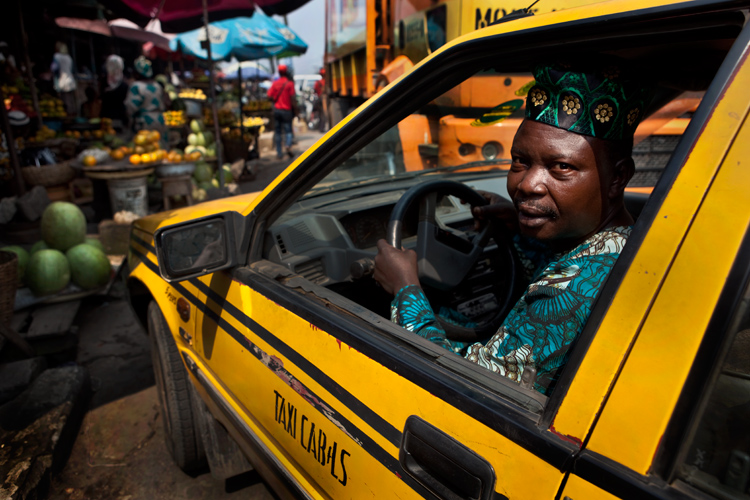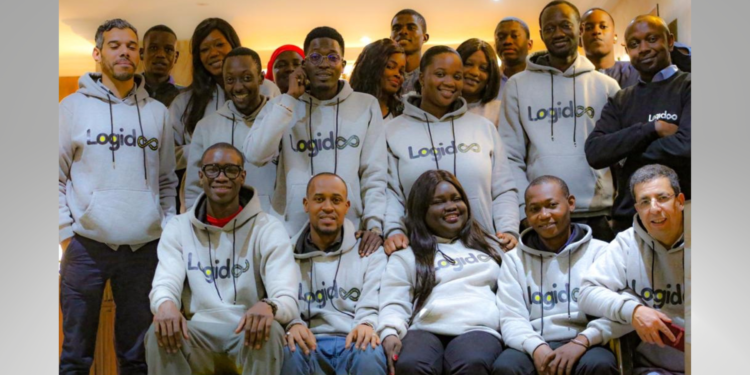Earlier in February, a story went viral on Twitter of mistreatment by a driver on popular Nigerian online taxi hailing company, Taxify.
The company recently expanded its reach out of metropolitan Nigerian cities Lagos and Abuja, and added Owerri and Ibadan.
Suggested Read: Taxify just launched in Ibadan and Owerri and is offering 20% off all rides
In the story, Twitter user ‘@zayne_x’ narrates how a Taxify driver insulted and basically threatened her with bodily harm in Ibadan.
https://twitter.com/zayne_x/status/1095429930853249024
As at press time, Zane has not responded to requests for comment. But she is not alone in these terrible experiences; other users of online taxi hailing services in Nigeria have admitted to going through similar driver misconduct in one form or the other. Especially with the two most popular platforms.
When Uber launched in Nigeria in August 2014, and Taxify followed 2 years later in November 2016, both promised efficient, comfortable and more refined modes of transportation powered by technology. With time, they both expanded to other Nigerian cities.
With these expansions and growth, driver misconduct and bad behaviour exploded.
There is no official list or statistics showing these numbers, but a quick search across social media will dredge up cases that range from near mundane to outright life threatening; fare manipulation, rudeness, assault, theft, abuse, the list is seemingly endless.
Techpoint spoke to a few Taxify and Uber users. Jennifer (not real names), an Abuja-based photographer, recalls her experience;
“I tried to introduce my mother to online taxi hailing services in Abuja. A Taxify driver pulled up and insisted on charging us a fixed fee as against the specified fee on the app. We, of course, disagreed and insisted he went with the app. It isn’t safe any other way. He insulted me, chased us both down and we ended up taking a traditional cab. Till today my mother won’t hear of these online taxi hailing services.”
Most of these complaints seem to be about Taxify which seemingly has more drivers than firstcomers, Uber.
But even Uber drivers are not left out of the bad behaviour jam.
Even though there are good and well behaved ones, a lot of drivers on these online taxi hailing platforms in Nigeria; especially Lagos and Abuja, are badly behaved.
Why?
Some regular customers who use both platforms chalk it up to frustration arising from the harsh Nigerian economic reality.
“Most times, it’s the drivers that you find on Uber that are still on Taxify. Most of them were forced on these platforms by the harsh economy to make ends meet and then they end up taking out their frustration and anger on passengers,” one said.
Bennett (not real name) whose lost wallet was never returned from an Uber has a very interesting perspective.
“You hire character and train skills,” he said.
What do drivers have to say?
Kazeem (not real name), a driver on Uber blames riders for bad behaviour of drivers.
“These passengers do not treat us like human beings. Someone enters your car and starts ordering you around. The fact that I am driving you somewhere does not make me your slave,” he said.
When asked, in defence of accused bad behaviour, 3 different drivers that requested anonymity corroborated Kazeem’s claims; “the passenger’s attitudes is the problem”, they all said. Maybe there is a cultural angle to this.
In Africa and Nigeria, driving is not considered a prestigious profession, so drivers are usually not treated with respect accorded other professionals.
But is this enough reason for some of the treatment meted out to passengers?
The Uber and Taxify angle
In all this fiasco, there is an obvious lack of proper training, sensitisation and accountability system for drivers.
James (not real name), a fleet owner on Uber attributes these problems to a drop in quality of training for drivers.
“In the beginning, Uber and Taxify had a more rigorous training and indoctrination system, but they have been unable to keep up as drivers increased on the platforms. This is one of the problems of growth.”
A few more drivers say cars are more scrutinised than the people driving them. Back in the day, according to James, Uber subjected its drivers to rigorous testing that included knowledge of the city, mental and even aptitude tests. Now, the process has deteriorated over the years to virtual online tests.
But these online tests are reportedly better than Taxify’s.
“[For Taxify], car documents and the condition of the car are checked. Things like the air conditioning system, age, engine are looked at. Then an in-house seminar like a meeting is conducted. Basically, you can walk in and walk out a driver 1 hour later,” said one of the drivers who did not want to be named.
James said a Taxify representative once called and asked him to join the platform promising minimal stress including non-appearance because of an already established presence on Uber.
However, as all the problem with scale, it may be hard to train drivers on proper interaction and customer relations.
Riders interviewed say they at least want a system in place to hold drivers accountable. They believe these e-hailing companies have terrible complaint resolution processes.
Spokespersons for both Uber and Taxify stressed the importance of rider feedback and communication of issues.
After the launch of its “in-app help feature”, Uber published a guide for riders seeking redress.
Suggested Read: 11 times you should use your Uber in-app help feature
Uber’s Communication Lead for West Africa, Francesca Uriri said she cannot comment on generic situations. On complains resolution, she said;
“I am aware that riders and drivers are promptly responded to whenever they make a report via the help function in-app.I really cannot emphasise the advantage of utilising that medium.”
Terver Bendega, Taxify’s brand manager in Nigeria said the company is aware of some of the challenges but disagrees on claims that it does not respond to issues.
“We are aware of these issues and that’s why there’s a two-way feedback mechanism for drivers and riders. But we do respond and try to fix most of them,”
Trever said a lot of these challenges between drivers and passengers have to do with the dynamic of the Nigerian society.
“The relationship between older men and younger women is very tense in third world countries and patriarchal societies. And part of the things we educate our drivers on are how to deescalate these issues amicably.”
She said if any of the drivers failed to comply with directives, disciplinary measures are taken.
“However, customers fail to use the feedback mechanism to get their complaints to us. It’s not enough to believe we won’t act on it, rate drivers, give genuine feedback and send emails. That’s the only way we can do anything.”
She said riders also have a role to play in ensuring a good experience.
“In the case of lost items, our drivers are trained to check before a rider disembarks, but sometimes they forget. In some cases, missing items are picked up by other passengers coming after. So riders should check too when alighting rides,” she said.
Terver said for every instance, there is always a system for resolution, but that like everything, none of these are ‘failsafe’.











